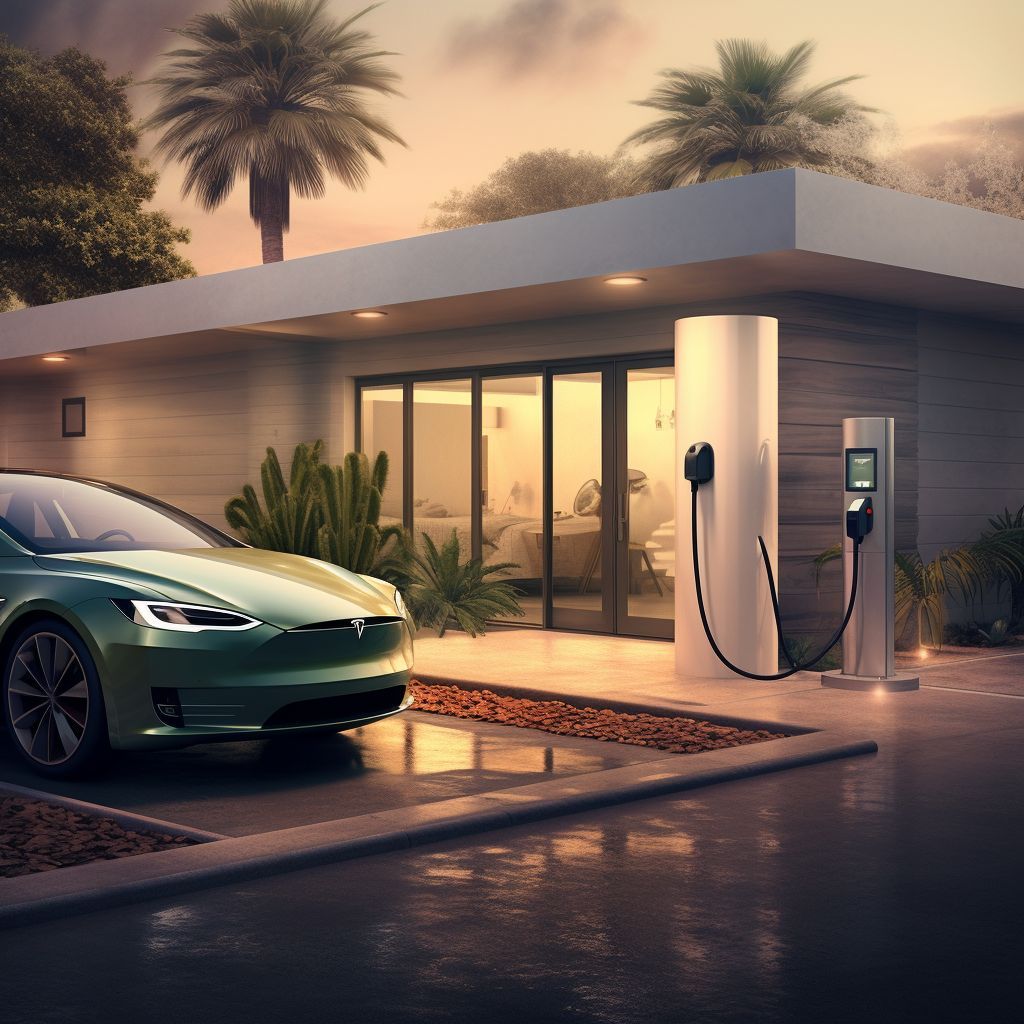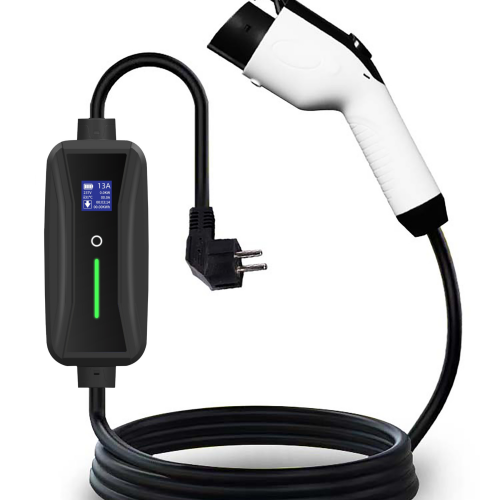Home electric vehicle (EV) chargers play a crucial role in empowering sustainable travel by making it more convenient and accessible for individuals to charge their electric vehicles at home. Electric vehicles are a key component of efforts to reduce greenhouse gas emissions, combat air pollution, and mitigate the effects of climate change. Home EV chargers contribute to these goals in several ways:
Convenience and Accessibility: Home EV chargers eliminate the need to visit public charging stations, providing EV owners with the convenience of charging their vehicles overnight or during periods of low usage. This accessibility encourages more people to consider electric vehicles as a viable alternative to traditional gasoline-powered cars.
Reduced Range Anxiety: One of the concerns with EVs is range anxiety, the fear of running out of battery power before reaching a charging station. Home chargers allow EV owners to start each day with a full or near-full battery, reducing anxiety about running out of charge during daily commutes or trips.
Lower Operating Costs: Charging an EV at home is often cheaper than refueling a gasoline vehicle. Home electricity rates are generally lower than public charging station rates, and some regions offer special EV charging tariffs, further reducing operational costs for EV owners.
Flexible Charging: Home chargers allow EV owners to customize their charging schedules based on their needs. This flexibility enables them to take advantage of off-peak electricity rates or prioritize charging during renewable energy generation periods, enhancing the overall sustainability of EV use.
Environmental Benefits: Charging an EV at home using renewable energy sources, such as solar panels or wind turbines, significantly reduces the carbon footprint associated with transportation. This promotes cleaner and more sustainable travel.
Supporting Grid Stability: Some home EV chargers offer smart charging features that can help balance electricity demand and supply on the grid. These chargers can adjust their charging rates based on grid conditions, which can be especially useful during peak demand periods.
Market Growth and Innovation: The demand for home EV chargers has driven innovation and competition in the charging equipment market. As technology advances and more EV owners invest in home charging solutions, manufacturers are motivated to improve charger efficiency, safety, and user experience.
Public Charging Complement: While home charging is convenient for daily use, public charging stations remain essential for longer trips. However, having a reliable home charging setup reduces the reliance on public stations and promotes the overall adoption of EVs.
Incentives and Policy Support: Many governments and local authorities offer incentives, rebates, or tax credits to encourage the installation of home EV chargers. These incentives further incentivize individuals to adopt electric vehicles and contribute to sustainable travel.
In conclusion, home electric vehicle chargers are a vital component of the transition to sustainable transportation. They provide convenience, reduce operating costs, enhance energy flexibility, and contribute to lower emissions, all of which empower individuals to make more environmentally friendly travel choices.
10A 13A 16A adjustable Portable EV Charger type1 J1772 standard
Post time: Aug-16-2023










